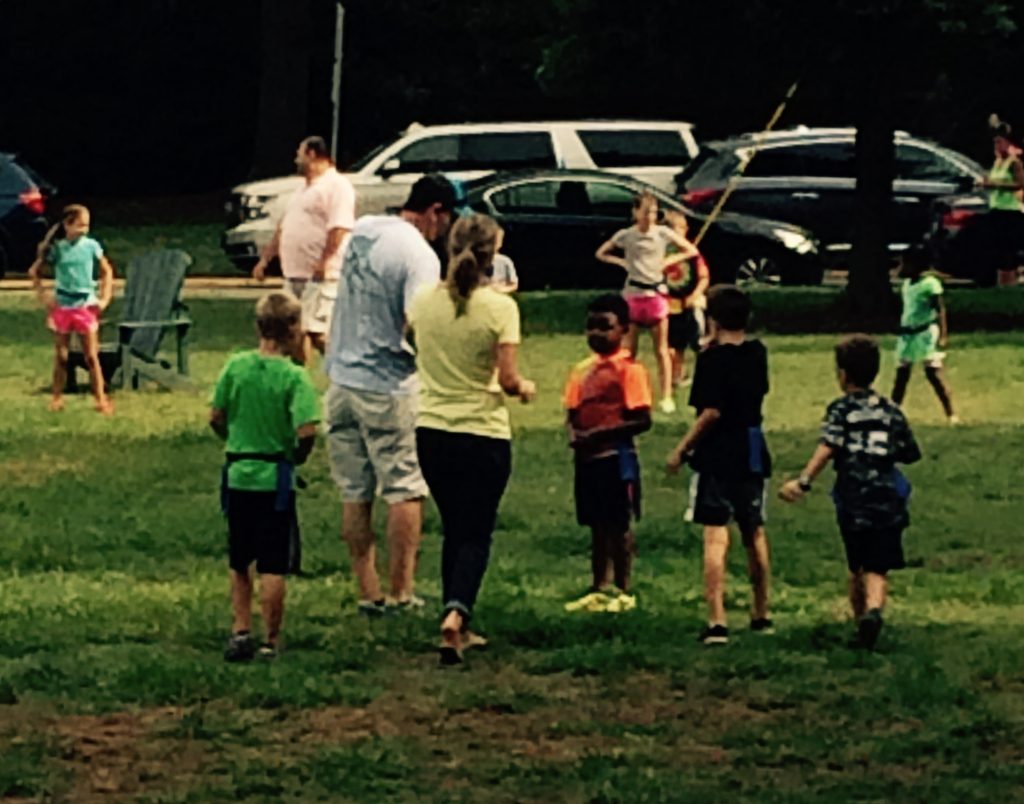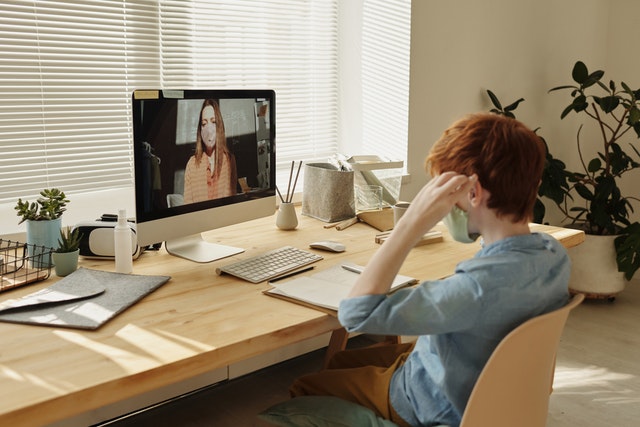Sports programs during the summer months help prevent declining physical activity and potential weight gain for students. With school out, students no longer have their routine of physical education classes, recess games, school-sponsored sports, and after-school activities. This lack of physical activity can lead to passive behavior and weight gain.
To prevent this decline, it’s important to establish physical activities for students during the summer months. Physical activity offers intrinsic benefits for students, serving as a preventative measure against the summer slide and helping students stay positively engaged and focused during the summer.
Sports Programs Have Benefits
The summer months offer many opportunities for students to keep and practice their skills.
- Swimming offers students enjoyment and rejuvenation. It is a versatile, low-impact or high-impact activity, that impacts cardiovascular health, muscle development, and flexibility.
- Other water sports that build skills are paddle boarding, skiing, snorkeling, and kayaking.
- The physical activities of baseball, softball, or a wiffle ball game help to build teamwork skills and foster character development and friendships.
Engaging in sports helps students prepare for the future. Good character isn’t developed by chance; it requires hard work. Sports teach students respect, honesty, teamwork, emotional control, and perseverance. These are essential life skills.
Research shows that sports enhance a student’s concentration, problem-solving abilities, memory, and ability to handle high-stress situations. Thus, improving a person’s mood. Improved concentration allows students to stay focused for longer periods and retain information easily. What’s more, sports help students develop time management skills.
Leadership Roles and Failures
Engaging in sports helps students develop leadership skills and strategic thinking. It encourages them to set personal goals and improve their skills for the future. Sports also help students build communication skills and learn to cooperate and compromise with others. Through practice, students enhance their problem-solving and communication abilities, ultimately becoming better at making sound decisions and planning.
Students also learn to deal with setbacks. They learn to experience failure and build resilience. Students use defeat as an encouragement to improve and set future goals.
Physical Exercise
Exercise of all kinds increases the blood flow to the brain. It gives students more energy during the day and a better nights sleep. Thus, better sleep improves brain function and creativity. This helps the body build connectons between nerves.
Physical exercise for about one hour per day helps hold memories and improves capacity and strength. Through sports and games students learn to focus and understand a process. Therefore, it helps prevent the summer slide for the content and skills learned during the school year.



